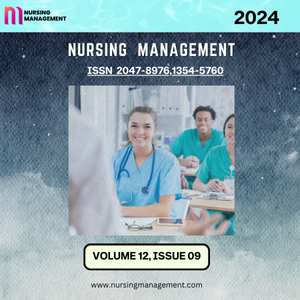Menu
Volume 12 Issue 6
HIV Care Profiling and Delivery Status in the Mobile Health Clinics of eThekwini District in KwaZulu Natal, South Africa: A Descriptive Evaluation Study
Silingene Joyce Ngcobo,Lufuno Makhado andLeepile Alfred Sehularo
1College Health Sciences, University of KwaZulu Natal, Durban 4041, South Africa
2Office of the Deputy Dean Research and Postgraduate Studies, Faculty of Health Sciences, University of Venda, Thohoyandou 0950, South Africa
3NuMIQ Research Focus Area, Faculty of Health Sciences, North-West University, Mafikeng 2531, South Africa
Author to whom correspondence should be addressed.
Abstract
Mobile health clinics (MHCs) serve as an alternative HIV care delivery method for the HIV-burdened eThekwini district. This study aimed to describe and profile the HIV care services provided by the MHCs through process evaluation. A descriptive cross-sectional quantitative evaluation study was performed on 137 MHCs using total population sampling. An online data collection method using a validated 50-item researcher-developed instrument was administered to professional nurses who are MHC team leaders, following ethical approval from the local university and departments of health. Descriptive statistics were used to analyze the data. The results described that HIV care services are offered in open spaces (43%), community buildings (37%), solid built buildings called health posts (15%), vehicles (9%), and tents (2%) with no electricity (77%), water (55%), and sanitation (64%). Adults (97%) are the main recipients of HIV care in MHCs (90%) offering antiretroviral therapy (95%). Staff, monitoring, and retaining care challenges were noted, with good linkage (91%) and referral pathways (n = 123.90%). In conclusion, the standardization and prioritization of HIV care with specific contextual practice guidelines are vital.
Keywords: mobile health clinics; cross-sectional descriptive evaluation study; HIV care; mobile health clinic profiling; HIV delivery method
Editorial Board
Editor-In-Chief
Christopher J. Hayes, University of California, BerkeleyCalifornia
Associate Editors
David P. Williams, Johns Hopkins University
Sophia L. Brooks, University of Sydney
Arjun K. Mehta, University of Cambridge
Isabella S. Johnson, University of Toronto
Eli T. Garcia, University of Oxford
Grace M. Lewis, Stanford University
Mason R. Chen, University of Melbourne

